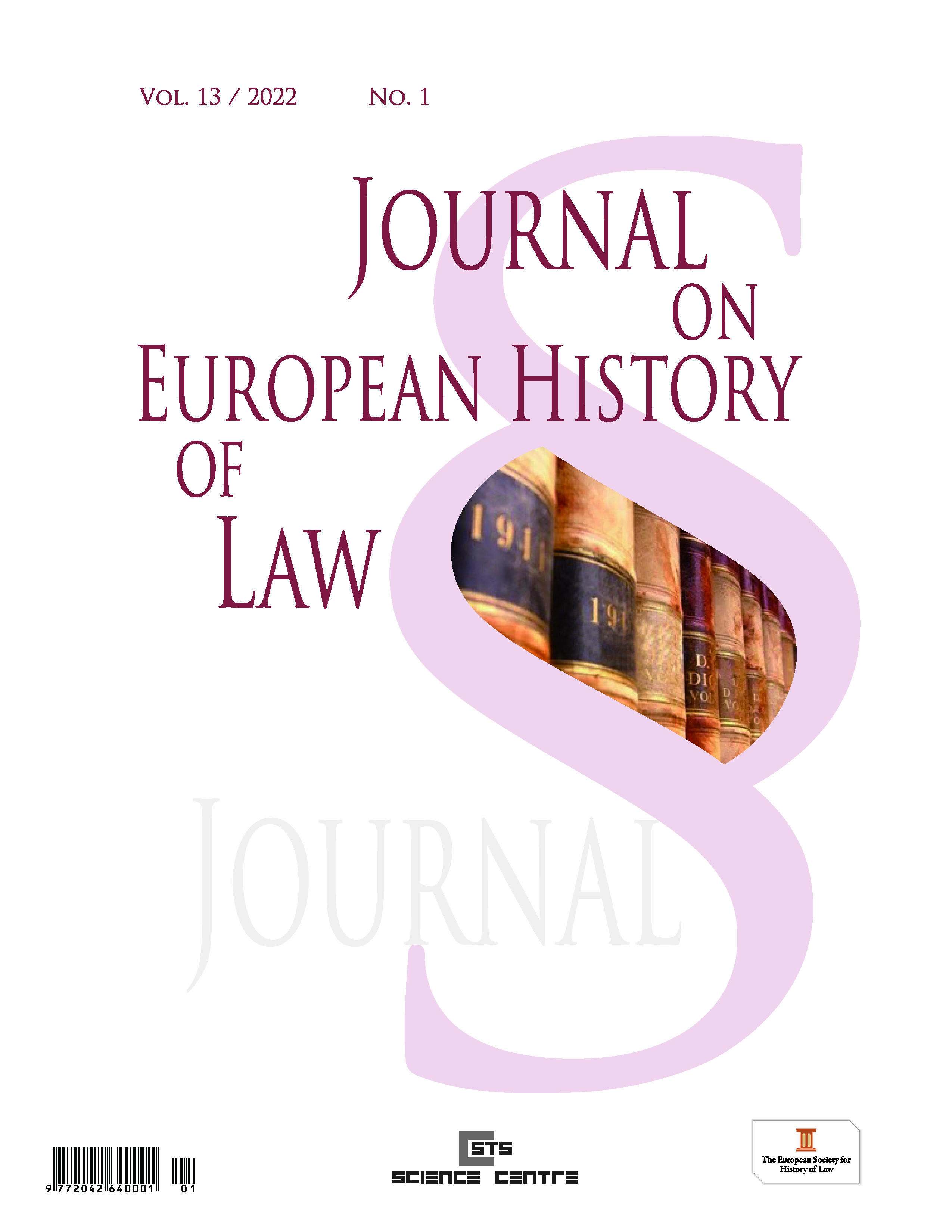Thoughts on the Role of the Mosul Boundary Commision of the League of Nations in the Mosul Question
Thoughts on the Role of the Mosul Boundary Commision of the League of Nations in the Mosul Question
Author(s): Katalin SiskaSubject(s): History, Law, Constitution, Jurisprudence, Political history, Interwar Period (1920 - 1939)
Published by: Evropská společnost pro právní dějiny, z.s.
Keywords: Mosul Vilayet; League of Nations; Hungarian Press; Republic of Turkey; Count Pál Teleki;
Summary/Abstract: On the 24th of July in 1923 the Treaty of Lausanne settled the borders of the Turkish state except one area: the oil-rich Mosul Vilayet, which was desired both by Turkey and Kingdom of Iraq (under British tutelage). The parts agreed that if within a year they cannot decide on the disputed area, they turn to the League of Nations for help. The three-member Boundary Commission created by the League of Nations started its work in August 1924, then on the 24th of October designated a temporary border the so-called “Brussels line” which was the former North boundary of the vilayet. Both parties presented their views to the League of Nations. Turkish experts have wanted a referendum in the area and outlined a final boundary at the Southern border of the vilayet placing Mosul under Turkish rule. According to the British – and the same Iraqi – proposal the referendum was unacceptable, as the area was strategically, geographically, economically and administratively too important and it was impermissible for an under-educated population to decide on its affiliation. Their experts proposed the Northern Mountain range of the area as final frontier because of its relatively small population and the area could have been well protected from a military point of view. The work of the Commission – who examined the historical, ethnographical, geographical, geopolitical facts and principles of the area – was the target of many attacks and therefore got significant press coverage. They were accused of bias towards the Turks. In my study, I collected and analyzed the contemporary Hungarian (who referred back also to the British) press articles with the information that can be extracted from the reports on the committee's work and their circumstances in order to get a clearer picture of the decision-making process and the events surrounding it, the role of the commission in the judgement, as there is no document from which the opinion of the members on the issue can be revealed.
Journal: Journal on European History of Law
- Issue Year: 13/2022
- Issue No: 1
- Page Range: 195-202
- Page Count: 8
- Language: English

